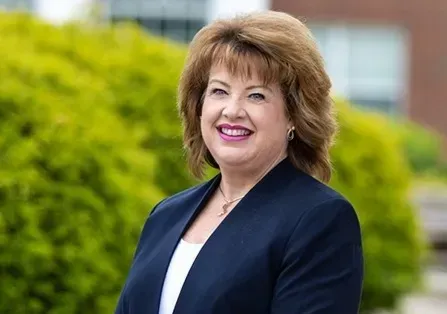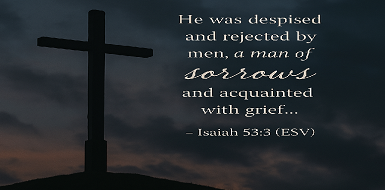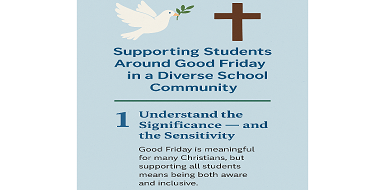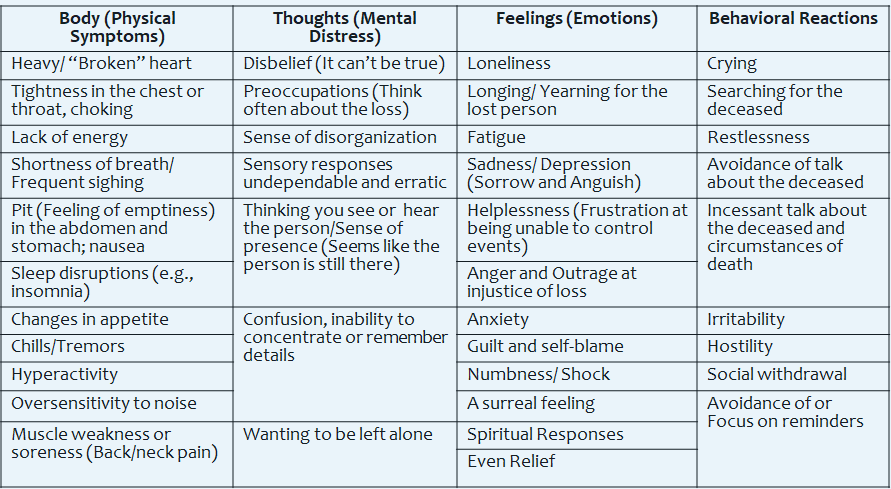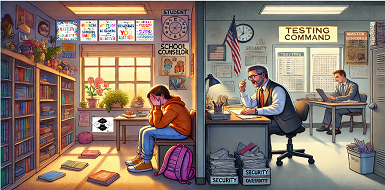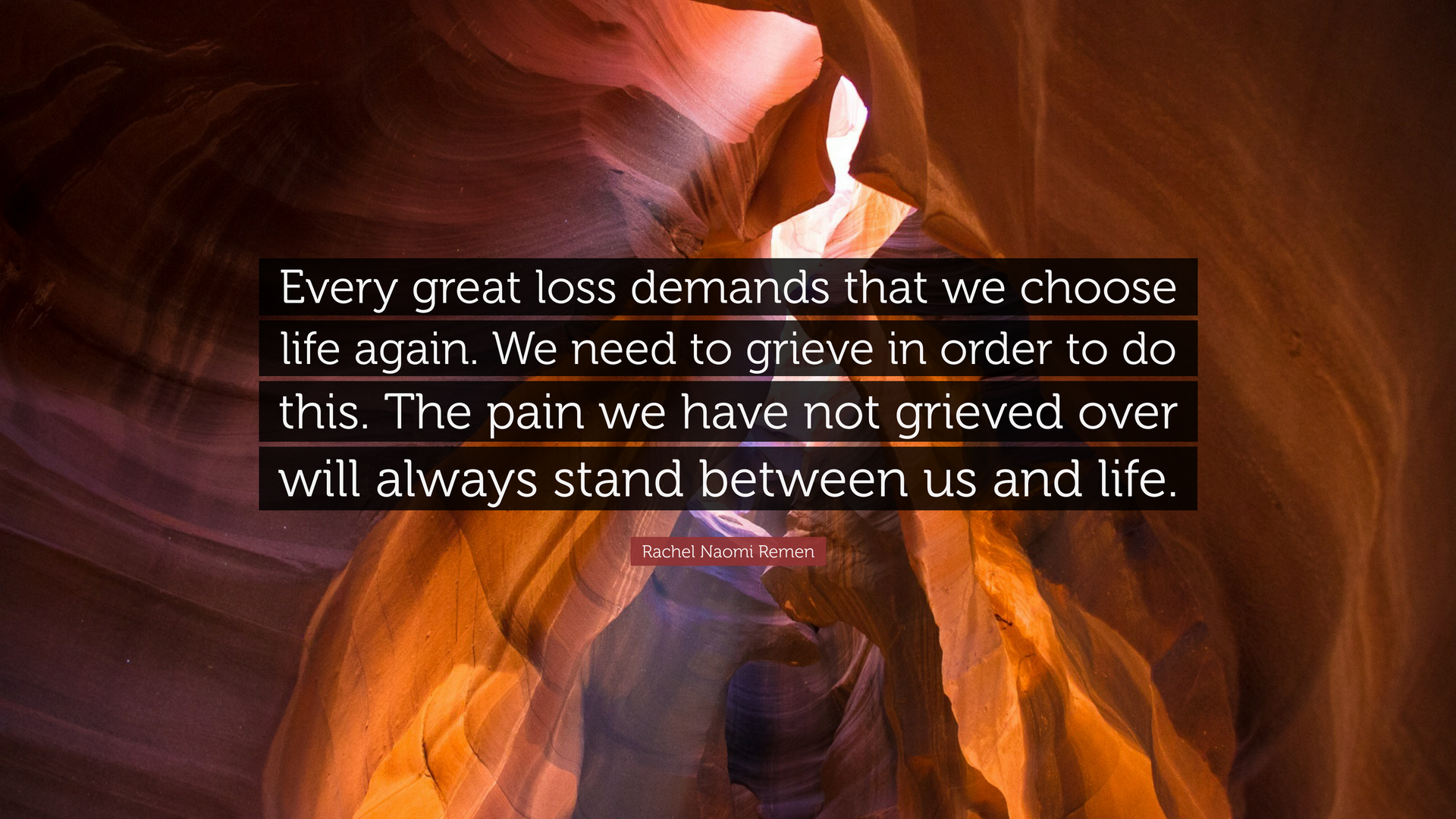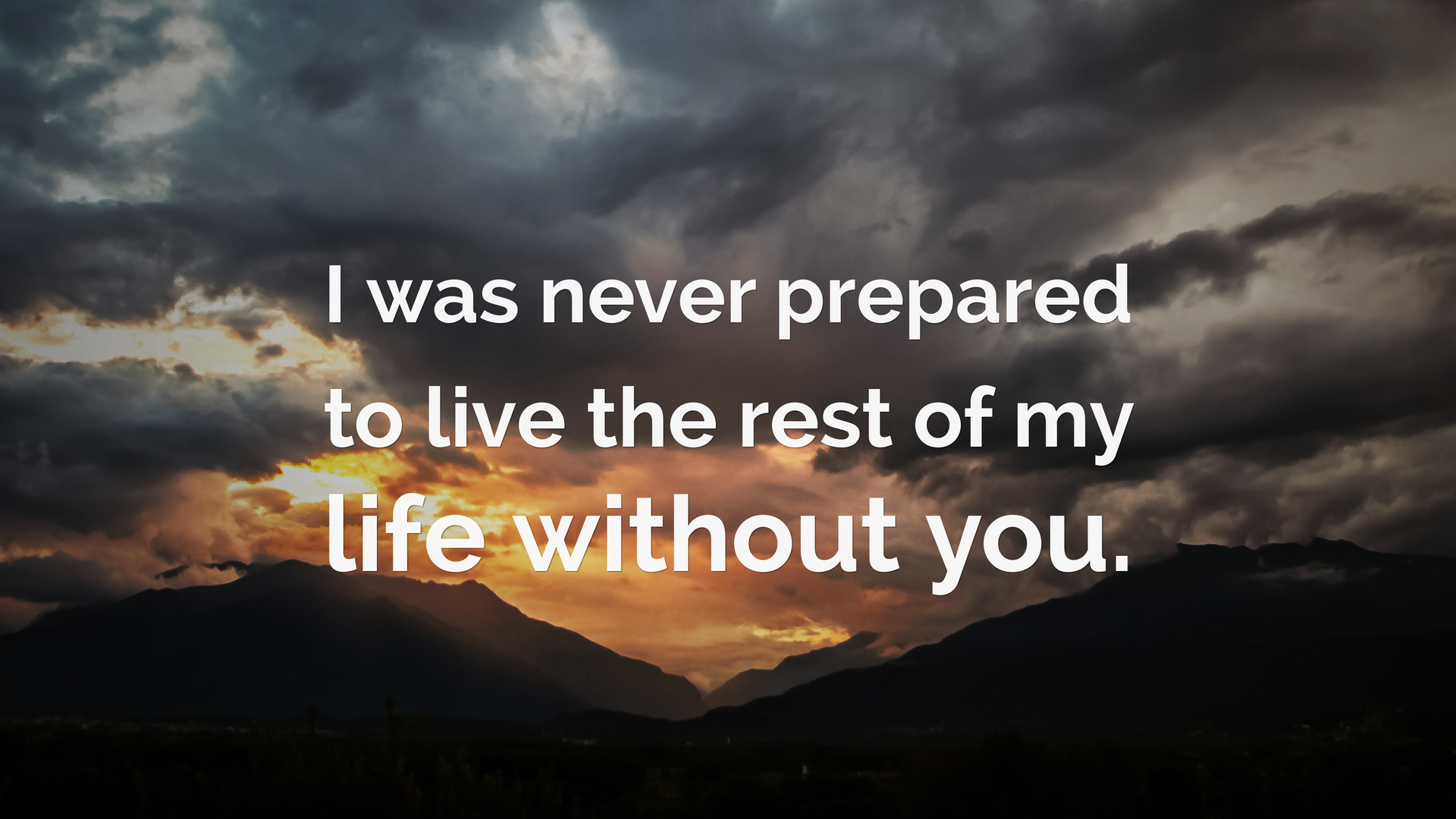Grief: The Price of Love
When we love deeply, we grieve deeply.
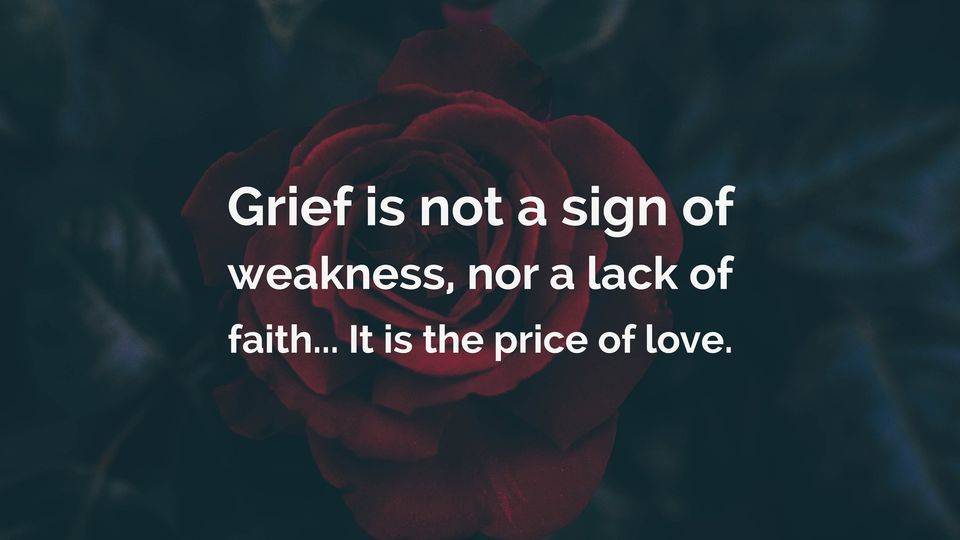
When we love deeply, we grieve deeply, because the two are inherently connected. Grief never truly ends, but it does change. It evolves as we navigate our journey toward healing.
In the days and weeks right after Bob moved to Heaven, I was overwhelmed by the intensity of my grief. I worried that I would always be in that much pain, that the ache in my heart would never subside. But with time and intentional effort toward healing, I’ve found moments of relief. Today, I can honestly say that I have more good days than bad, more good moments than painful ones.
Grief and Love: Two Sides of the Same Coin
The depth of grief we experience is directly proportional to the depth of our love. When we love someone so profoundly, their absence leaves an equally profound void. I often remind myself that I didn’t lose Bob. I know exactly where he is. He’s walking on streets of gold with Jesus, free from pain and sorrow. Yet, as comforting as that knowledge is, it doesn’t make me miss him any less. Faith doesn’t erase the longing for his presence or the ache of his absence.
The Evolution of Grief
Grief changes over time. In the beginning, it’s all-consuming, like a tidal wave that crashes over you again and again. But as the days turn into weeks and the weeks into months, the waves become less frequent and less overwhelming. They still come, but they don’t knock you down quite as often.
Healing doesn’t happen by accident. It requires intentional effort. For me, that has meant leaning on my faith, surrounding myself with supportive people, and finding ways to honor Bob’s memory while still moving forward. Each small step—whether it’s smiling at a memory, engaging in a routine, or finding joy in a new experience — has helped me reclaim parts of myself and my life.
Faith and Grief
Faith has been my anchor through this journey. Knowing that Bob is in Heaven gives me hope and comfort. It reminds me that this separation is only temporary. But faith doesn’t eliminate grief; it provides a framework for understanding it. Grieving doesn’t mean I lack faith; it means I loved deeply. And that love, even in his absence, continues to shape and guide me.
Yet, even within faith, there are moments that test us. In the weeks right after we lost Bob, someone told me, "Maybe you didn’t pray enough." Those words pierced me deeply. They implied that somehow my faith or prayers (as well as Bob's, our family and friends...) had fallen short, and for a moment, they made me question everything. But I’ve come to understand that such statements often come from a place of discomfort or misunderstanding, not malice. Faith is not a transactional relationship where more prayers guarantee different outcomes. It’s about trust, surrender, and the belief that God’s plans are greater than our understanding. Bob’s passing wasn’t because of a lack of faith or prayer; it was simply his time to walk on streets of gold with Jesus. Faith has been my anchor through this journey. But faith doesn’t eliminate grief; it provides a framework for understanding it. Grieving doesn’t mean I lack faith; it means I loved deeply. And that love, even in his absence, continues to shape and guide me.
Finding the Good Days
It’s possible to be thankful and heartbroken at the same time. It’s even possible to be thankful, heartbroken, happy, and sad all at once. These emotions are not mutually exclusive, and understanding this has been a crucial part of my journey. So many people have said to me, “But you should be thankful for the love.” Believe me, I am. I am deeply grateful for the love Bob and I shared, for the memories we created, and for the life we built together. But that gratitude doesn’t remove the heartbreak of missing him.
I find myself happy when I’m with my grandchildren, watching their activities and antics. Their laughter and energy bring so much joy to my life. Yet, at the same time, I feel a deep sadness that Bob isn’t here to share in these moments, to make more memories with them, to witness their growth and achievements. This blend of emotions is a reminder that joy and sorrow can coexist, enriching our experiences and adding layers to our lives. One of the most significant shifts in my grief journey has been learning to focus on the good moments. I’ve come to cherish the days when the sun feels a little warmer, the laughter a little easier, and the memories a little sweeter. Those moments don’t erase the pain, but they remind me that joy and sorrow can coexist. They show me that healing is possible, even if it’s not linear.
Final Thoughts
Grief is the price of love, and it’s a price worth paying. It’s a testament to the depth of our connections and the beauty of the relationships we’ve shared. While grief never fully goes away, it transforms. With time and effort, it becomes less about pain and more about love.
For those navigating their own grief, know this: you’re not alone. The pain may feel insurmountable now, but over time, it will soften. The waves will calm, and you will find moments of peace and joy again. And through it all, your love for those you’ve lost will remain, a guiding light on the path toward healing.
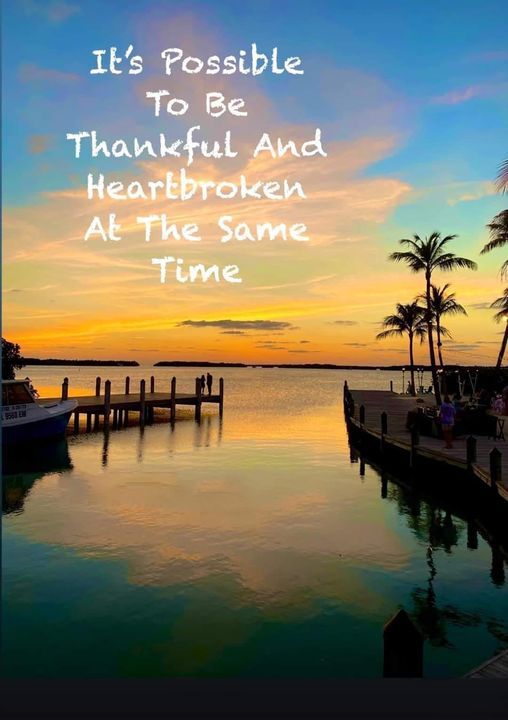
I am a school counselor turned counselor educator, professor, and author helping educators and parents to build social, emotional, and academic growth in ALL kids! The school counseling blog delivers both advocacy as well as strategies to help you deliver your best school counseling program.
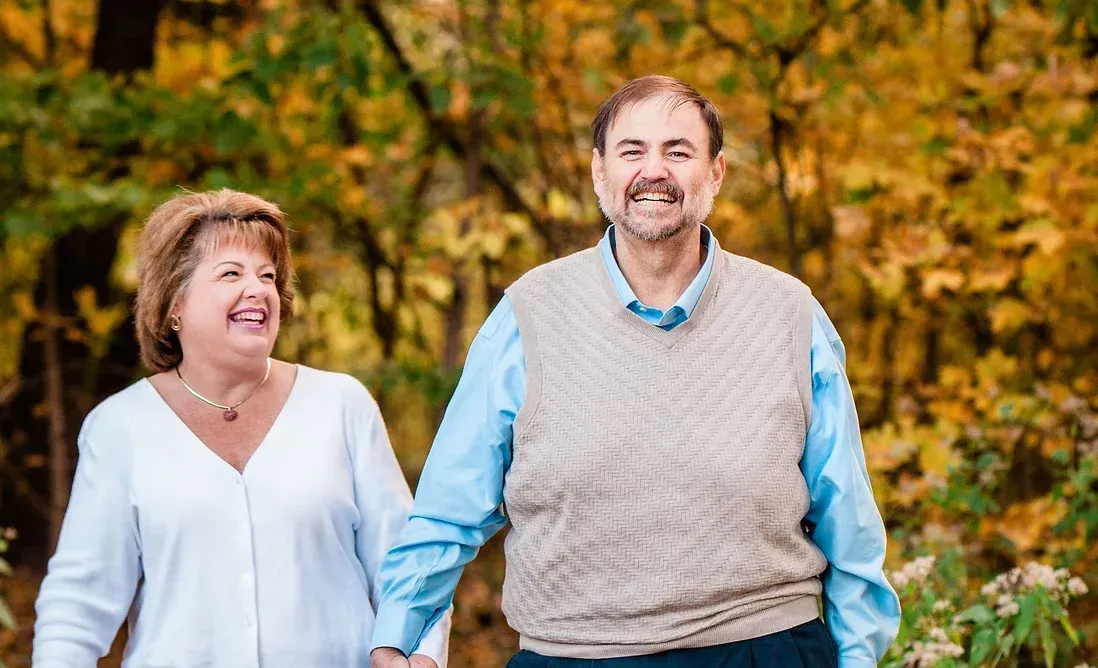
I'm a mother, grandmother, professor, author, and wife (I'll always be his). Until October 20, 2020, I lived with my husband, Robert (Bob) Rose, in Louisville, Ky. On that awful day of October 20,2020, my life profoundly changed, when this amazing man went on to Heaven. After Bob moved to Heaven, I embraced my love of writing as an outlet for grief. Hence, the Grief Blog is my attempt to share what I learned as a Counselor in education with what I am learning through this experience of walking this earth without him. My mission is to help those in grief move forward to see joy beyond this most painful time.
